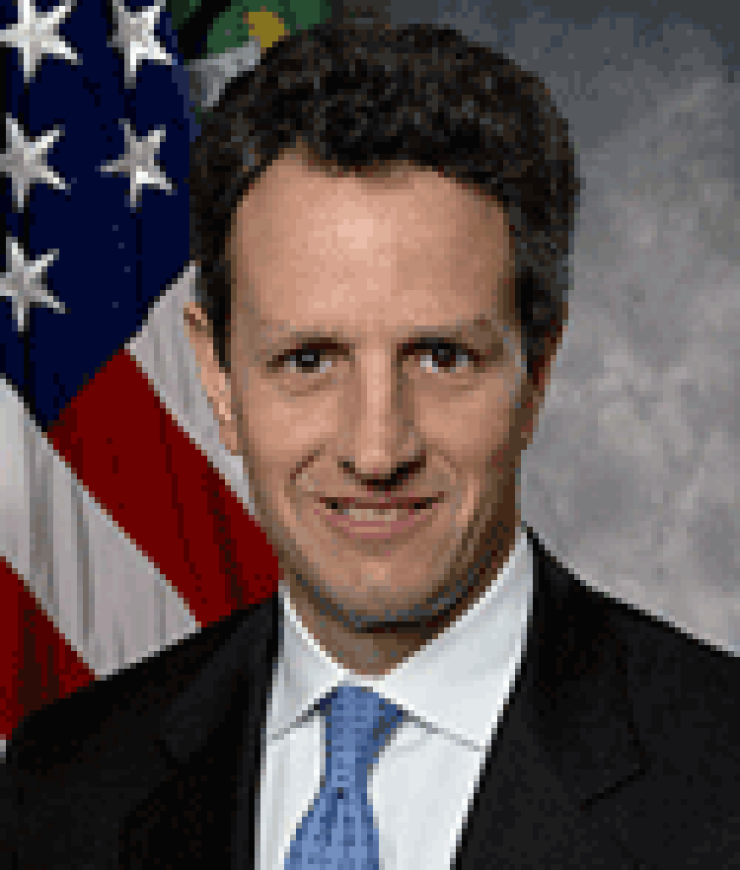
By tipping the administrations hand on regulatory reform, Treasury Secretary Timothy Geithner has seemingly kicked the debate over a federal regulation of the insurance industry into a higher gear.
In testimony before the House Financial Services Committee, Geithner offered a nuanced endorsement of a federal charter, which drew an immediate response from opponents of nationalizing insurance regulation.
We urge Congress and the administration to tread carefully as they craft solutions to the current turmoil and target only those elements of the financial services industry where there are regulatory gaps, Jimi Grande, VP for federal and political affairs of the
Yet,
We are encouraged by Secretary Geithners statements that this proposal will maintain the important role that state regulators play in supervising insurance companies, he said in a statement. We agree with his assertion that financial institutions must not be allowed to cherry pick among competing regulators in search of the lowest standards and constraints.
Proponents of a federal charter for insurers were more unequivocal in their assessment of the administrations plans.
It was encouraging to hear Secretary Geithner indicate there was a good case for introducing an optional federal charter for insurance companies, Leigh Ann Pusey, president of the
Yet, it is precisely this lack of systemic risk posed by property/casualty insurers that obviates the need for a federal charter in the first place, critics contend. The thousands of property/casualty insurance companies on main streets throughout America are highly competitive, well capitalized, and continuing to fulfill promises to their policyholders, Grande added. Property/casualty insurance regulation should remain at the state level since efforts to establish an optional federal charter or federal oversight of property/casualty insurance would lead to inefficient, costly, and confusing dual regulation.





